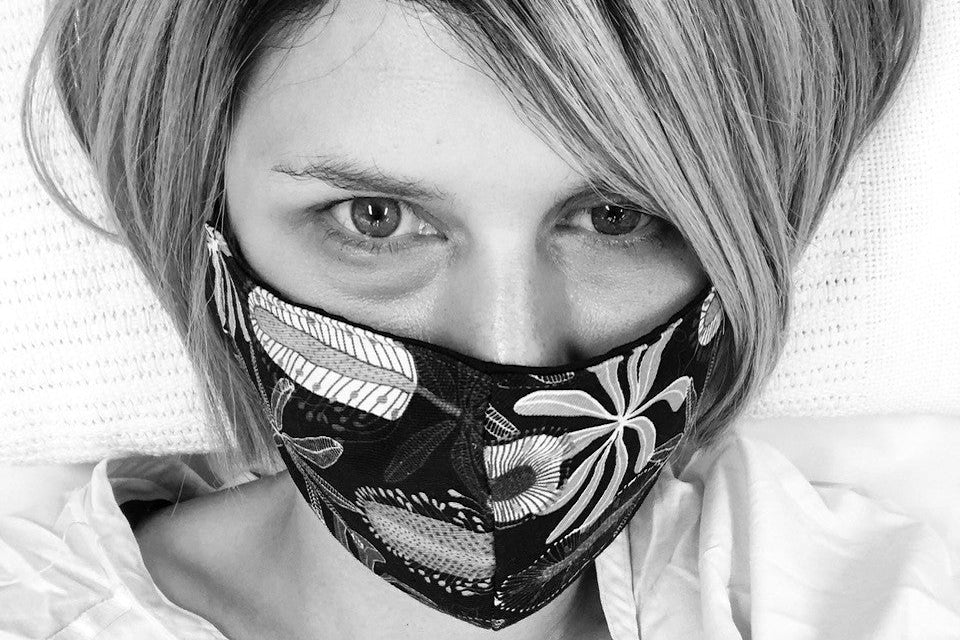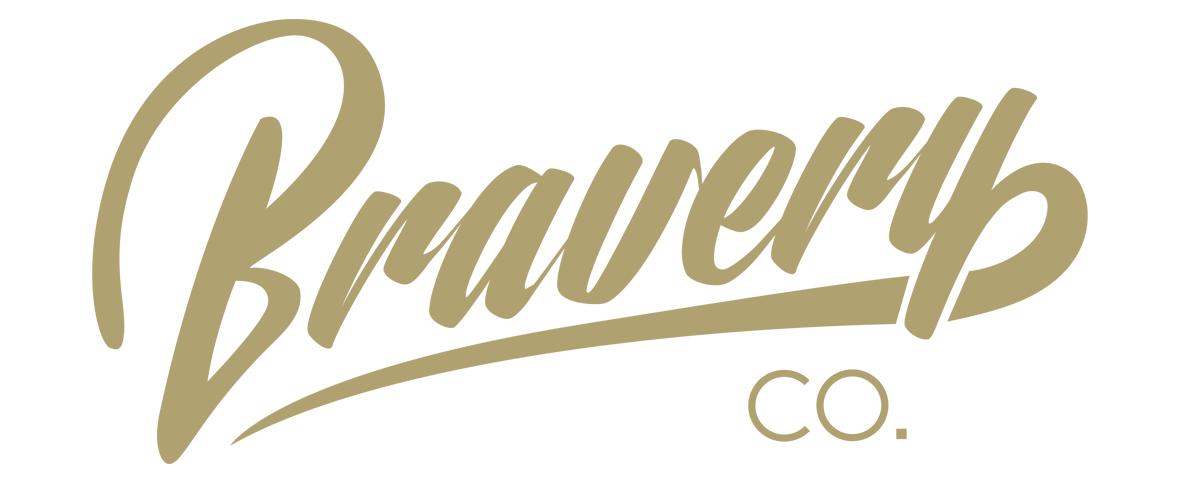
I'm proud to call the gorgeous and fiercely unstoppable Ursula a friend. Our paths crossed while we were working in advertising but it wasn't until we both got dealt sarcomas that we became friends. She has been the monumental guide and support for me, and is now turning her sarcoma wisdom into something helpful, inspirational and so very needed via Sarcoma Society.
This story is part of our Sarcoma month. Check out all the other sarcoma stories on my instagram here.
URSULA'S STORY
My name's Ursula. I'm 39 and I got dealt a Leiomyosarcoma. It's a sarcoma of smooth muscle tissue that can form and grow on any smooth muscle or blood vessel in the body. It’s classified as a type of soft tissue sarcoma.
My mother passed away from Leiomyosarcoma 6 years before I was diagnosed and we’d both had another rare cancer (Retinablastoma) as children which has a genetic predisposition to sarcomas and other types of rare cancers later in life. As a precaution I was in a screening program at Peter Mac called the Late Effects Clinic which screens for secondary cancers so was having yearly full body MRIs to detect anything nasty that might appear as an adult.
I had had my yearly MRI but was actually having a sports massage with my myotherapist who felt a hard mass in my abdomen. I went in for my MRI results that week filled with dread only to have them say “scans were all clear!”
“Are you sure? My myotherapist thought she felt a hard mass in my abdomen this week” and when my doctor relooked at the scans he said “Oh it could be this mass here” pointing to a giant round blob on my MRI, which turned out to be an 11cm tumour – and worse a leiomyosarcoma which had taken my Mum’s life only 6 years prior.
It’s a good reminder to be tuned in to your own body and not rely on doctors as they can miss things!


I paid $15,000 for a standard of care chemotherapy earlier this year which was deemed not to work after just 3 rounds. That’s $5,000 per dose for a chemotherapy that is used a standard conventional treatment for sarcoma in the US. My current course of treatment is $1,800 per month, yet if I had kidney cancer the same script would cost me $6.60 per month. It’s wild.
Sarcomas also have very bleak statistics, especially in metastatic patients like myself where the cancer has spread from its’ original location, so facing oncologists who are generally very negative and pessimistic about survival has been one of the hardest challenges to deal with.

Where have you found the most help/information?
It’s taken me a lot of time to do my own research across different sources to try to piece together the best treatment options for myself. While my oncologist is there to guide me, they generally only fall back on the conventional ‘tried and tested’ methods which they already know have limited success and bleak outcomes. I’ve found my most helpful information from connecting with patients in the US and then pushing my doctors to have those treatments here. Other sarcoma patients understand how scarce information is and so are willing to share their experiences and give each other support, but it still takes so much time to collect all the information.
I feel like I have almost had to have a medical degree to understand how my cancer works and feel like I’m making the right treatment decisions along the way. This is why I came up with the concept of Sarcoma Society, an ‘all in one place’ type of resource hub for Australian sarcoma patients to access information and understand their treatment options available both here and overseas from a fully holistic sense.
The platform includes everything from conventional treatments to complimentary therapies & integrative medicine, as well as mental health and spiritual supports. Conventional cancer treatment is just one piece of the pie when you’re facing an often aggressive and hard to treat cancer.
My Integrative Natropath has been a huge source of comfort and guidance along the way too. She specialises in knowing how to use complimentary therapies and natural supplements to minimise toxicity & side effects, and enhance conventional treatments while supporting your body as much as possible in a holistic sense. I honestly would be completely lost without her and I believe I’ve done better than most patients in my position because of her.

What has cancer taught you? How has it changed you and your life?
It’s funny, I have often heard the same answer to this question from other people facing this disease, in that cancer was in a way the best thing that has ever happened to me. It completely changed my perspective on the life and brought all the important things into focus – everything I had thought of as a barrier in my life suddenly became completely insignificant. I hate to use clichés but it really did make me focus on what was really important and look back on my life up until that point with the fresh eyes of an observer.
For me this disease opened a doorway into real and honest personal development; meditation, gratitude, spirituality, healing past wounds. It’s actually been a completely transforming experience and I’ve always tried to stay focused on this when dealing with shitty real life realities of treatment side effects and anxiety rather than letting becoming a ‘cancer patient’ become part of my identity.
I am a better person because of this journey – the rest is just some rogue cells doing their thing in my body in the background while I’ve been off living the most fulfilling life I can.

Cancer theories – Do you think there's a reason we got dealt this shitty card or is it completely random?
I100% believe that this cancer was triggered by stress and unresolved trauma in my body from childhood. I’ve seen what feels like a million healers since I was diagnosed and they’ve all said the same thing. I do believe that cancer can be healed through trauma release and it’s something I’m still working on.

One golden tip for new warriors – especially those facing a rare cancer.
You have to be your own advocate. It’s a bloody tough job, but no one knows what it’s like to be you, and each doctor or specialist that you see is only looking at you through the lens of the one area they have expertise in. Only you know what it’s like to be experiencing this in your body, so you need to stand up for it and where possible, push your doctors for more than they are offering you. Get a second opinion. Seek advice from other patients and doctors in other countries. Get out there and do your own research, don’t be afraid to challenge your doctors on their opinions and remember that you are not a statistic – you’re an individual.

